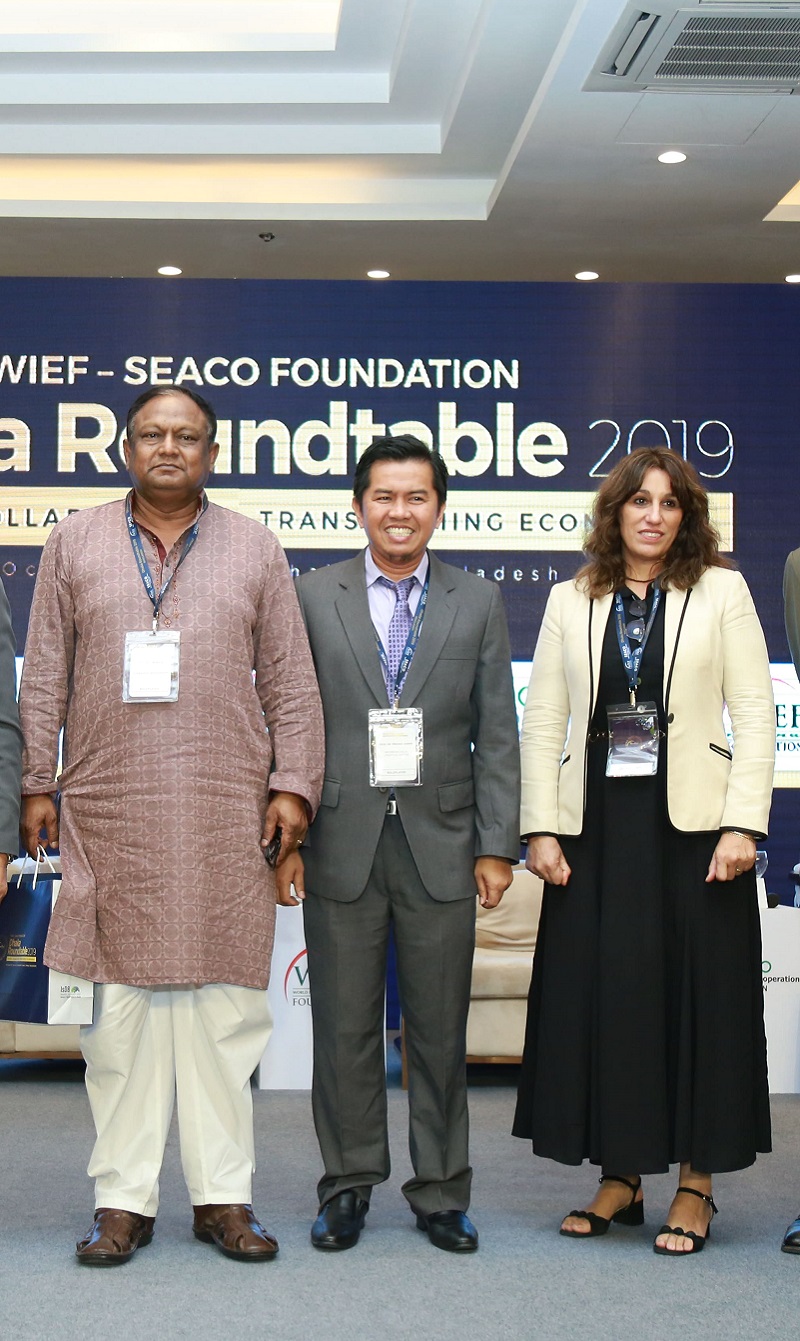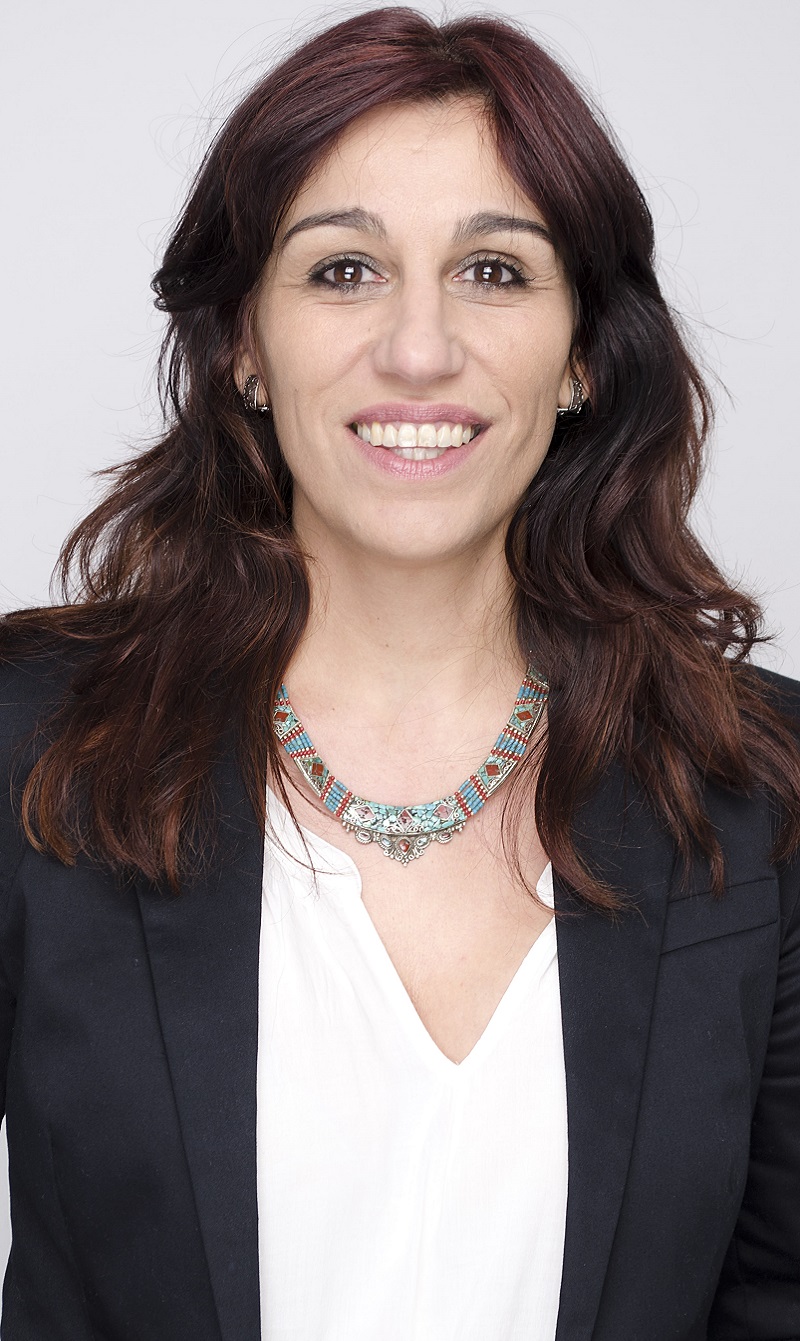Diverse yet familiar
The 13th WIEF had not one, not three, but five Panel Discussion sessions that gathered experts who gave diverse perspectives on business-related issues. Here are highlights of their diverse yet familiar opinions on the future of business, tools for businesswomen to standout and the ever fascinating blockchain.
The Panel Discussion sessions certainly added not only intellectual value but also colourful discourse during the 13th WIEF in Kuching, Sarawak. The sessions allowed experts to explore various perspectives on various business topics. Here, we highlight three of the five discussions that touched directly on the future of business. You may find that the opinions of these experts from all over the globe are diverse yet, somewhat, familiar.
Mapping Out Tomorrow’s Business
With the advent of the Fourth Industrial Revolution, the way business was run, manpower was organised and which industries would prevail, were radically transformed. During the hour-long discussion on how to prepare for tomorrow’s business, the speakers from various backgrounds projected the disruptive changes in their businesses.
Tobias Puehse, vice president of MasterCard Labs, explained how financing was going beyond traditional credit cards. ‘Technology was enabling, like the Vocalink kind of solution, it’s where you can instantly send money to an entity, working on invoicing and smart contracts, creating transparency and accountability,’ he explained.
‘Major disruption is going to happen to most of us,’ said Dato’ Richard Alexander John Curtis, group managing director of Cahya Mata Sarawak. He explained that this sort of disruption happened during the industrial revolution and many were unhappy about it. He believed that disruptive changes in a company came from the top, not from middle management.
Tobias felt this era was moving into an expectation economy. ‘The consumer will dictate when a human or digital environment is the most appropriate to get the work done,’ he said. The discussion underlined the need to allow expectation to be led by consumers. ‘The more you involve local people, the better the project,’ Samba Bathily, co-founder and CEO of Solektra International, added. The speakers unanimously concluded that thinking out of the box disruptively, whilst being socially responsible, was key to their respective projects’ success.
Fostering Entrepreneurship Amongst Women
During the one-hour session, four women discussed the critical tools needed to empower women to become more pronounced in the marketplace. Dr Soraya Ismail, managing director of Vitality Boost Sdn Bhd, left a comfortable job and started a business of juices and smoothies. ‘You need tenacity to face challenges. Eight years after running my business, we still have challenges and unfortunately they just get bigger,’ she divulged. Almost a one-man show when she started her business and a new mother to boot, she put it down to a strong support structure that were her parents, for her success.
Three things propelled Camille R. Escudero, president of Business and Professional Women (BPW), to where she is today: One was cross-generational mentorship which was being part of a business organisation, another was peer support and finally, reverse mentorship where a more senior person learned from younger people’s ideas. ‘You can’t simply seek mentorship from more senior people because that pool is shrinking,’ she explained. With peer support, it was vital for businesses to allow for cross border relations.
Anu Chadha, founder of 3A Clothing Company, commented on how she was fortunate to become an entrepreneur at the age of 40 instead of her 30’s. ‘For me work has become a hobby not a need,’ she said and gave back in the way of sharing her experience and energy by incubating a person from the textile industry who wanted to do textile. ‘I gave her a space in the factory, the whole ecosystem, she just paid for the salary of the tailor.’
Though some businesses grew organically and some got investments, the three women concluded that there was no definition to success instead, it’s a lifelong learning process. ‘Businesses are living organisations, you can’t stand still, you have to keep moving forward,’ Dr Soraya added.
Blockchain Technology and its Impact on International Trade
Blockchain and the internet changed how information was exchanged. That included money, music, art, intellectual property and much more. Four experts in the field explained their impact on global prices and future of businesses.
Alan Laubsch, director of Natural Capital Markets at Lykke, experienced the blockchain startup, Lockheed. ‘We have one simple mission, which is to build one global marketplace for all assets,’ he said. ‘This would be a marketplace where anyone can trade without friction, with zero per cent transaction fees. Value exchange would become free, just like the exchange of information.’
Farzam Ehsani, blockchain lead at the Rand Merchant Bank and chairperson of the South African Financial Blockchain Consortium of 55 financial institutions in South Africa, was looking at how blockchain can change the financial system in South Africa and beyond. ‘Cryptocurrencies are actually questioning the very nature of our economic and social systems,’ Farzam added. ‘It’s possible to look at tokens of value that are trans-national, trans-border that facilitate trade across borders in a seamless way. Emails don’t pay any heed to where you exist. It doesn’t make any difference. Soon enough, payments will be the same.’
E-commerce removed the middleman and as a result, reduced cost. But there was concern of where this was going. ‘Anything digital can be copied and pasted effectively, indefinitely, at zero cost. So, anything that becomes digital, is really not scarce, except in blockchain,’ he explained. He further elaborated that the scarcity of cash, even digital money is entrusted by institutions like banks, and central banks and regulators. This was to make sure that the debits and the credits added up and that those institutions didn’t just create money out of thin air on their ledgers.
The magic of what a blockchain did, was that for the first time it enabled to create digitally scarce assets without requiring a trusted intermediary to make sure that it remained scarce. Blockchain allowed for a decentralised global network that transcended borders, this was not to say that all was rosy. ‘We are still only at the beginning of understanding what this whirlpool will bring,’ Farzam said. Alan clarified that all technologies had a dark side and could impact us in a negative way.
Armin Osmancevic, co-founder of Mybazar explained how his business was based on blockchain technology. ‘It helps micro SMEs, as well as single entrepreneurs, to use the digital technology and to gain the chance of blockchain technology,’ he said. Blockchain allowed Mybazar sellers and their products to be verified by customers directly. Even with refund, which was not only about currency. There were many other verticals which improved communication and made transactions faster, removing the middleman.
‘Though security may be an issue with mining cryptocurrencies, there’s now a generation of blockchains out there that are faster, better governed and more secure,’ Alan reassured. This didn’t stop people from seeing its potential. ‘Be curious about the potential transformation,’ Farzam concluded.
___________________
Photo by Samuel Zeller on Unsplash.





